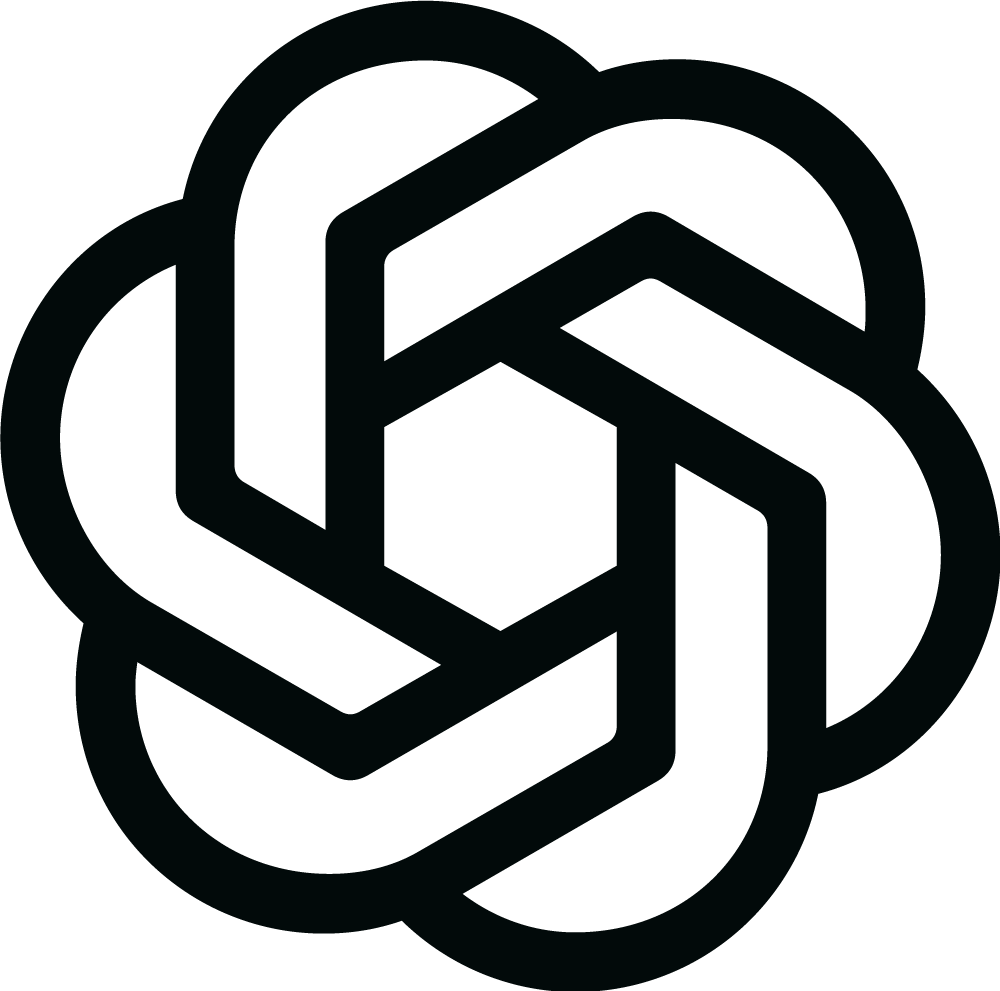Summarize this blog post with:
The hospitality industry constantly seeks innovative ways to enhance guest experience while optimizing operational efficiency. In this digital era, one technological advancement stands out for its profound impact on the industry: the advent and evolution of chatbot technology. These AI-powered digital assistants often use LLM-technology like ChatGPT for hotels and are revolutionizing the way hotels handle guest inquiries, a critical aspect of hotel management. Guest inquiries are an everyday occurrence in the hospitality sector, often numbering in the hundreds daily. Each of these interactions presents an opportunity to impress a guest, but also incurs a cost. Traditional methods of handling these inquiries – typically through human customer service – although effective, can be both time-consuming and costly. Enter the world of chatbots. These virtual hotel assistants have emerged as a game-changing solution, offering a blend of efficiency, cost-effectiveness, and round-the-clock availability. Their ability to handle guest inquiries promptly and accurately has not only transformed the guest experience but also brought significant cost savings to hotel operators.
To put this into perspective, consider a hotel that receives approximately 250 guest inquiries daily. By integrating chatbot technology, this hotel can significantly reduce the time and cost associated with handling these inquiries. From the early 2000s, when chatbot technology was in its infancy, to the present day, where AI-driven predictive and proactive assistants are emerging, the evolution of this technology tells a story of continual improvement and increasing value.
.avif)
Basic Automated Response Systems (Early 2000s)
- Inquiry Handling Capacity: Capable of addressing only 10% of customer inquiries.
- Daily Cost Savings: With each human-handled inquiry costing $6, the daily savings are calculated as 0.10 * 250 * $6 = $150.
- Annual Cost Savings: Over a year, this amounts to $150 * 365 = $54,750.
- Summary: These early systems provide moderate cost savings by managing the simplest queries.
Advanced Rule-Based Chatbots (Early to Mid-2010s)
- Inquiry Handling Capacity: These systems can handle an average of 35% of inquiries.
- Daily Cost Savings: The efficiency increases to 0.35 * 250 * $6 = $525 in daily savings.
- Annual Cost Savings: Annually, this translates to $525 * 365 = $191,625.
- Summary: A significant leap from the basic systems, these chatbots can manage a broader range of inquiries, thus offering more substantial cost savings.
Predictive and Proactive AI Assistants (Emerging)
- Inquiry Handling Capacity: Conservatively estimated to handle 75% of all inquiries.
- Daily Cost Savings: The savings jump to 0.75 * 250 * $6 = $1,125 per day.
- Annual Cost Savings: This equates to $1,125 * 365 = $410,625 annually.
- Summary: As the most advanced option, these assistants are capable of managing half of all inquiries, offering significant potential for cost savings and enhanced operational efficiency.
References and Sources of Estimates
- The cost per human-handled inquiry and the efficiency of chatbots in reducing customer service costs come from industry sources like Zendesk and IBM. According to Zendesk, the average cost of a chatbot interaction is significantly lower than that of a human customer service interaction. link
- IBM highlights that chatbots can save up to 30% of customer support expenses. link
- The estimate of inquiry handling capacity for each type of chatbot is based on their technological capabilities as understood from historical and current trends in chatbot development and usage. The figures for the early 2000s and 2010s chatbots are hypothetical but reasonable given the technology of the time. The predictive and proactive AI assistants' capabilities are informed by current trends in AI and machine learning, as reported by sources like Juniper Research and other industry analyses. link
Conclusion
These calculations provide a clearer picture of how chatbots have evolved in terms of their potential for cost savings, reflecting the advancements in technology from basic automated systems to sophisticated AI-driven solutions. For a hotel operator dealing with a substantial number of daily inquiries, the investment in advanced chatbot technology, particularly in predictive and proactive AI assistants, can lead to significant financial benefits and operational efficiencies.
Frequently Asked Questions
How do chatbots actually reduce operational costs in hotels?
Chatbots reduce operational costs by automating responses to common guest inquiries, which traditionally require human staff. By handling a significant portion of these inquiries, chatbots reduce the need for a large customer service team, thereby cutting down on labor costs. Additionally, their ability to provide quick and accurate responses increases efficiency and reduces the time spent per inquiry.
Are chatbots effective in handling complex guest inquiries?
While early chatbots were limited to responding to basic queries, advanced AI-driven chatbots, especially predictive and proactive AI assistants, are much more adept at handling complex inquiries. They use machine learning to understand and respond to a wider range of questions, including those that are more nuanced. However, for very complex or unique situations, human intervention might still be necessary.
Can integrating chatbots into hotel operations improve guest satisfaction?
Absolutely! Chatbots offer quick, accurate, and 24/7 responses to guest inquiries, which significantly enhances the guest experience. They provide immediate assistance, which is especially appreciated by guests who seek quick information without the wait times associated with human interaction. This round-the-clock availability and efficiency often lead to higher guest satisfaction levels.





-min%20(1).avif)

